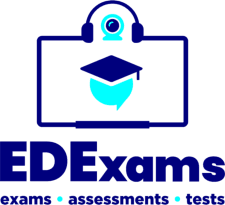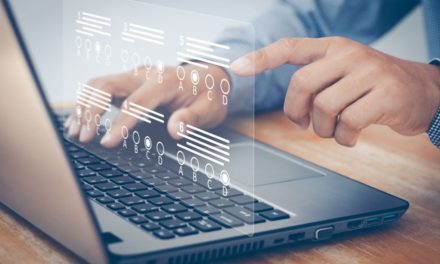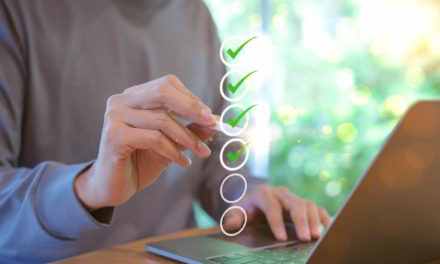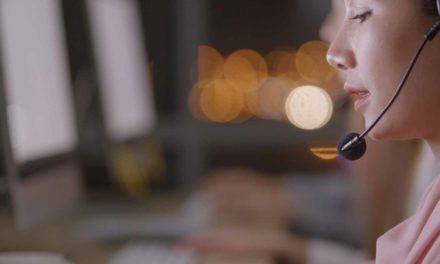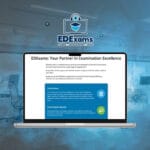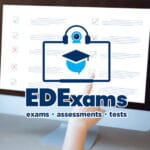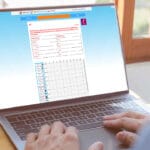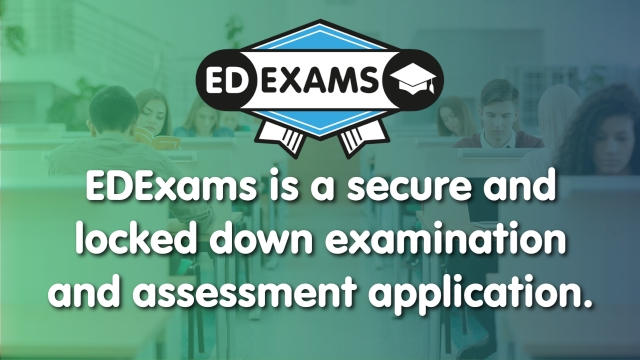Students obviously need the knowledge and experience gained from lessons and coursework but good exam results also depend on a number of effective study habits.
Here are a few suggestions that can help you achieve exam success.
Organisation
Assignments, tests, homework, social occasions, extracurricular activities. There’s a lot to fit in when approaching your exams.
Use a calendar to plan backwards from your exam date: determine the study time needed for each subject and break it down into manageable sessions.
Think about the time you have after school, at weekends and holidays. Create a timetable similar to one you would use at school and stick to it.
You need to know when the exam is, the types of questions that will be asked (take note of questions asked in past papers) and a list of all the topics that you need to cover. With this information, you can then look at the time you have, and break down what you need to learn – ensuring that each session is bite-sized.
Remember, of course, to plan plenty of relaxing social activities so that you don’t feel that there’s nothing to do but study. Try to add events into your timetable that you will look forward to, and work towards achieving your study goals and ‘rewarding’ yourself with special events and social activities.
Positivity
Never underestimate the power of a positive mind.
Each and every time a negative thought enters your head (‘I don’t understand this, it’s too difficult’), analyse why you are having this thought. Could it be that you are tired or bored with the subject? Or if it is genuinely difficult for you to understand, what can you do to find a solution?
Look online for explanatory videos or articles, talk to your peers, reach out to your subject teacher.
Acknowledge that the subject is not simple but also acknowledge that there is a way to understand it and there is always a solution. Analyse and accept the problem but give yourself the confidence to think of ways to find the answer.
Understand expectations
You could have the deepest subject knowledge in the world but if you don’t fully understand what the question is asking of you, your answer will always fall short of what is expected of you.
So take time to regularly refresh yourself on the structure of the exam ahead – and ask your teachers for their advice as to how you can demonstrate your knowledge in a way that the exam markers are looking for.
Avoid distractions
No interruptions. No phone, TV, social media, gaming, surfing the internet, etc.
Music, in some cases, can help you concentrate. Classical music especially. But try to avoid music that you would sing or dance along to – it should be in the background and not a distraction.
Create a study area that is actually enjoyable to use – bright but gentle lighting (to avoid eyestrain), using furniture to cut off the area from the rest of the room, a comfortable chair, and a desk that is clutter-free.
If you are using a computer to study, install an app like f.lux to control the harsh blue light emitted by your screen and reduce screen brightness as you wind down at the end of your study time.
Always be in active-listening mode
Active listening is tough to master, but it is a very effective study habit to employ when it comes to absorbing information.
When sat in class, engage with what is being said – look at the teacher’s hand gestures and facial expressions, take notes, and always be aware of when your focus starts to slip. If you find this particularly challenging, create a mind map of each session to visually sum up all that is being explained.
Flashcards
Cramming too close to the exam date can be less than effective. However, creating flashcards can help you memorise the most important aspects of a subject and give you confidence in your knowledge.
Either use one of the many flashcard apps or use traditional paper cards to summarise your class notes. Not only will the act of summarising and writing help you remember, you will have a helpful reminder of the most important aspects of each subject that you can use as part of your revision schedule.
Some of the more popular flash card apps include:
Flashcards can be used for formulae, quotes, facts and figures, and examples of likely questions based on past exam papers. You can even use them right up until you’re due to sit the exam so that the information is as fresh as possible.
Then, take a few minutes at the beginning of the exam – before you have even looked at the questions – to write down everything you remember from the flash cards. You may not need all that information but it will give you a sheet of notes that you can refer to during the exam.
